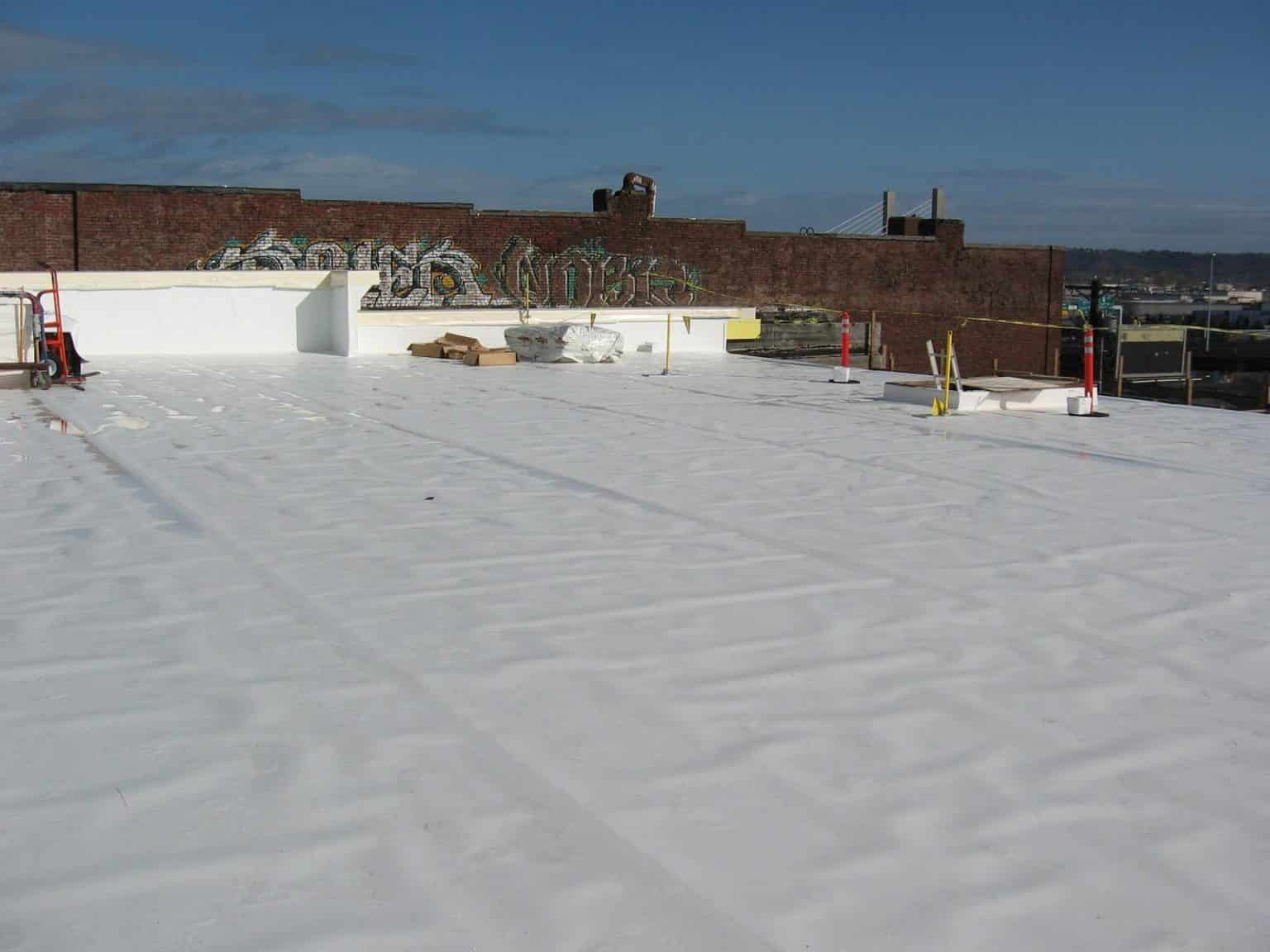The Guide to Industrial Roofing Repair
Industrial roofs and residential roofs are distinct. Every kind of item is housed in industrial buildings. Some of these goods require temperature control and other accommodations. If you own an industrial building it is important to learn about various roofing materials as well as methods for fixing industrial roofing which can be used to complete this vital job.
Industrial roofs safeguard commercial properties at a higher level than domestic dwellings. These structures also protect products from environmental conditions like humidity, ventilation, and temperature. Therefore, they should be constructed using stronger building materials than the ones that houses make use of.
Let's take a look at what kinds of materials and materials are employed to make an industrial roof repair
TPO
TPO, or thermoplastic polyolefin, can be described as a single-ply membrane that is applied to the roof's surface. It's available as sheets measuring 10-20 feet in width. Certain flat roofs can last up to 15 years.
Tens of large rolls of white waterproof material referred to as Thermoplastic Polyolefin (TPO) were placed by robotic arms amid an array of lights projected against the dawn sky at Ford Field yesterday morning as part of this summer's $100 million improvement project.
Modified bitumen
Also called torch-down roofing modified bitumen is a one-ply membrane typically used for flat roofs. The single-ply membrane is comprised of several layers of adhesive and fiberglass or polyester reinforcement and the upper layer being a reinforced rubber that has been heated until it becomes pliable, then it's rolled onto the surface and covered in gravel to shield it from UV rays. The roofs can be put over roofs that are already in place, like concrete tiles, metal sheets/panels or wooden shingles. These materials are able to withstand extreme temperatures, unlike other membranes that could melt or crack at extreme temperatures.
A roof that is built-up
Built-up roofing, or BUR for short, has been in use since the 1800s and is an ideal choice for homes with flat roofs. You can make it up of several layers of asphalt, tar, or fabric-like materials mixed with gravel. This will keep it water-proof and prevent ultraviolet rays from entering.
Metal Roofing
Metal roofing is commonly utilized on pitched industrial roofs. Metal roofing comes in many various materials, such as copper, aluminum, and tin, as well as stone-coated stainless steel and. Metal panels come in many different colors and patterns. Today's metal panel systems can last for years with solid rust resistance characteristics that can withstand the harshest weather conditions. Metal panels can be attached to an open or hidden fastener. These methods of attachment are more robust than those that do not feature visible nails.
Learn more about industrial roofing repair...

